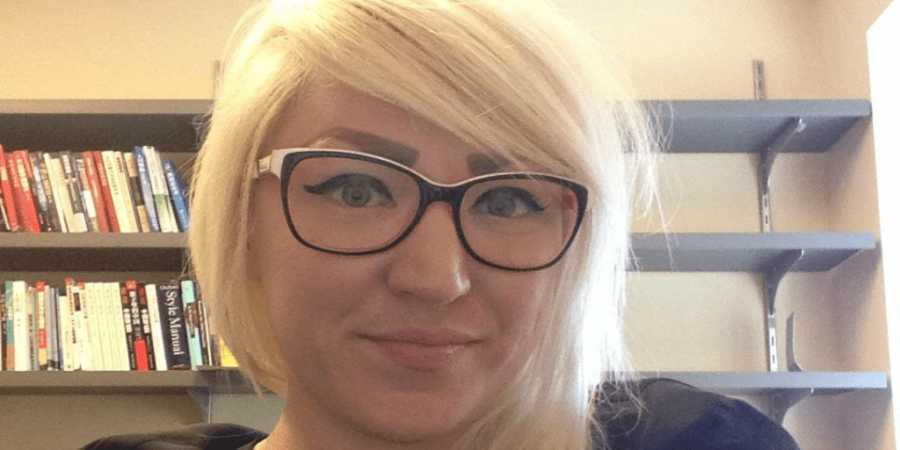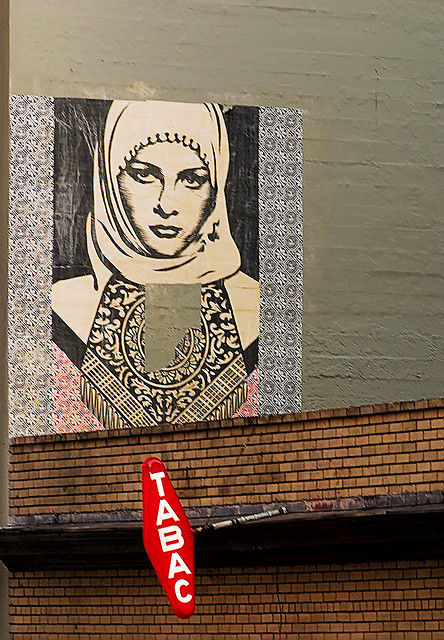The comments by the National Organization for Women-New York regarding the Aasiya Zubair case unfortunately perpetuate the erroneous claim that domestic violence is religiously sanctioned by Islam. Thankfully, other womens groups are speaking out about this lapse in judgment.
Just one month ago we heard of the brutal murder of Aasiya Zubair. Muslims came out publicly and in large numbers to denounce the act. The rationale was two-fold: domestic violence (DV) has no place in the Muslim community and that this type of violence is not religiously sanctioned. Several non-Muslim women’s groups came out indirectly in support of this mobilization. They are concerned about domestic violence against women, and they acknowledge that it happens in any society, in any culture, in any religion. Kim Gandy, President of the National Organization of Women, says that we cannot lose site of the damage of DV, and that it does exist in only one community.
However, Marcia Pappas, President of the National Organization for Women-New York (NOW-NY), believes that what happened to Aasiya Zubair is related to her faith. Over at HijabMan, KufiGirl does a good overview of the problem with this belief. Either you represent women, or you don’t. Other women’s rights groups took her task. Because the statement is not available online, I think it’s important to publish it in its entirety. They say:
A Response to NOW’s Marcia Pappas’ Statements About Aasiya Hassan’s Murder
Dear Marcia Pappas: On behalf of the survivors of domestic violence we serve and as members of the South Asian and anti-violence communities, we are reaching out to you to express our deep disappointment in your comments regarding the murder of Aasiya Hassan as printed in the February 17th issue of The Buffalo News.We all too well understand the cultural, religious, and social barriers which affect survivors of violence in our communities.. This is why we work each day to provide culturally-appropriate services. We also recognize that you have been working to advance women’s rights and status through your advocacy at NOW for a number of years and we thank you for that work and vocal advocacy.
However, your comments that Ms. Hassan’s murder is a “terroristic version of honor killing, a murder rooted in cultural notions about women’s subordination to men” and that “too many Muslim men are using their religious beliefs to justify violence against women” are a disservice to our community, to people of diverse cultures and faiths, and to our daily work as advocates for survivors of domestic violence from South Asian and Muslim communities.
In this particular scenario, Ms. Hassan had an order of protection, law enforcement officials confirmed a history of domestic violence, and the crime occurred after she filed for divorce. Would you call a Christian woman in this same scenario murdered by gun violence a victim of an honor killing? Femicide is femicide and this tragedy is one more disturbing face of domestic violence.
Your comments eclipse domestic violence for what it is. As we know from the Bureau of Justice Statistics, in this country every day, on average, more than three women are murdered by their husbands or boyfriends and in 2000, 1,247 women were killed by an intimate partner. We should, together as women’s rights advocates, be able to name domestic violence when we see it. When we do not, it reinforces the silence around domestic violence and stigmatizes minority communities by condoning “cultural” excuses for violent behavior.
Your comment dangerously re-casts focus on culture, religion, and particularly American stereotypes of Islam. As multi-faith advocates, we reject the idea that any faith condones violence. In fact, we have been working for years to change the language around “honor killing” for we reject the notion that there is any honor in killing – and many of our community members agree. We would hope that an organization as esteemed as NOW would not reinforce stereotypes in the media – especially when this is how many of our fellow Americans shape their understandings of our communities as well as domestic violence.
Survivors do indeed face cultural and religious barriers (such as abuse from an extended family member or inability to access a religious divorce). This is why our organizations exist – to be able to address domestic violence while refusing to indulge in negative stereotypes of our communities. Furthermore, we know that survivors of all backgrounds face family and community resistance to divorce, custody, law enforcement involvement – and simply to being believed.
We would like to work in partnership with NOW to end violence against all women in a framework which does not stigmatize minority communities and also recognizes common threads of domestic violence which cross communities. We would love to hear your thoughts on this matter and seek to discuss building a future partnership. Furthermore, we have a number of experts who can speak to violence in our communities. We would encourage you to review our websites, reach out to us for information, and refer media requests to us so that we can speak on behalf of our communities.
Thank you again for your advocacy for women’s rights. We look forward to hearing from you and to working more closely to end violence and advance our communities in the year to come.
Warmly,
Purvi Shah
Executive Director, Sakhi for South Asian Women
http://www.sakhi.orgAparna Bhattacharyya
Executive Director, Raksha, Inc.
http://www.raksha.orgJaslin Chopra, AWAKE (Asian Women Allied in Kinship and Equality)
Maneesha Kelkar
Executive Director, Manavi
http://www.manavi.orgShaida Khan
Executive Director, Domestic Harmony Foundation
http://www.dhfny.orgLarry Lee
Executive Director, New York Asian Women’s Center
http://www.nyawc.orgRobina Niaz, MS, MSW
Executive Director, Turning Point for Women and Families
http://www.turningpoint-ny.orgAfshan Qureshi, Saathi
http://www.saathiofrochester.orgKirsten Rambo, Ph.D.
Executive Director, Georgia Commission on Family Violence
http://www.gcfv.org
If you look at the organizations who signed this letter, many of them represent centers for DV survivors that are geared towards specific ethnicities. This ethnic specificity is not the result of the ethnic enclave, but is in response to the realization almost a generation ago that conceptions of women’s rights in this country focused on the white middle-class, and if a woman did not fit that paradigm then she was viewed as an outsider, and the obligation to help her was unclear. Essentially, some women were worthy of protection and others weren’t. In a generation, a lot has changed. Now there is a recognition that there are sensitivities and contexts that an umbrella organization cannot reasonably expect to know. The situation is supposed to be more cooperative now.
Unfortunately, Marcia Pappas believes that she’s in the right. She believes Muslims have a culture that encourages and demands DV, and so she should not help women, but she should attack Muslims. It is unfortunate that someone in her position, in a location as diverse as New York, argues that a victim of DV is not worth saving because she was Muslim. Let us be clear, Aasiya Zubair was Muslim. She was apparently proud to be Muslim. To say that there was a problem with her faith means you are blaming the victim. You are excusing the criminal. Pappas is a throwback to the days when the only women in this country were middle-class white women. If you are poor, you deserve the abuse for not getting yourself out of poverty. If you are black, it’s the African in you. She may not be explicit about some of these other groups, but the mindset is no different. There are human women, and then there are the females of the species. The message Pappas is sending is clear: If you are Muslim and are being abused you have a choice, stay in your relationship and take it because I won’t help you, or submit to my control and domination and give up your faith. Pappas’ approach to Muslim women is no different than that of an abuser.
Hussein Rashid, a PhD candidate in Harvard University’s Department of Near Eastern Languages and Civilizations, blogs at Islamicate and Religion Dispatches.




